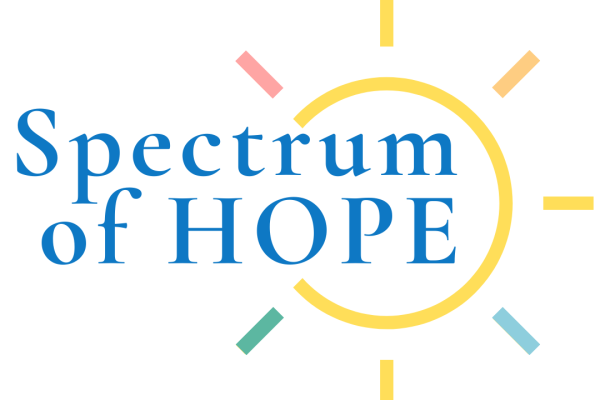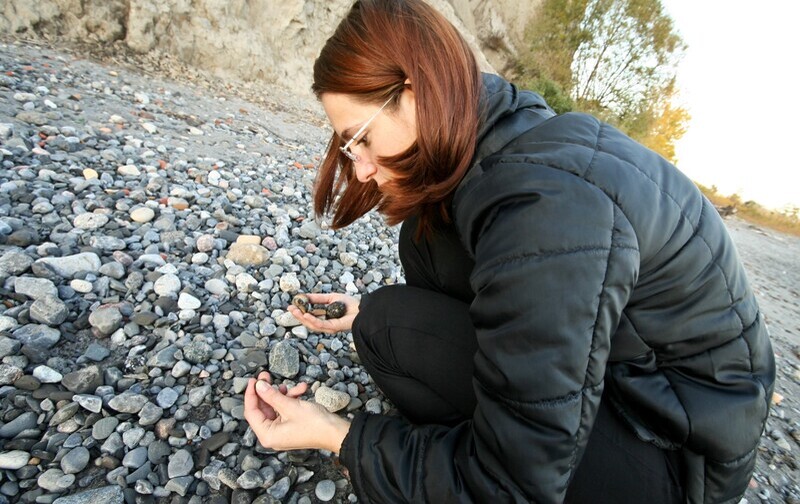Content in this blog post:
- What Causes Restricted Interests in Autism?
- Are Restrictive Interests the Same as Compulsions?
- How Special Interests Can Lead to Personal Growth
- Incorporating Special Interests into Treatment
- When Can Special Interests Pose Problems for the Individual?
Restricted and repetitive behaviors and interests, or RRBs, are very common in people with autism spectrum disorder (ASD). RRBs can express themselves in ways that are positive, such as a hobby or interest that brings the individual happiness, or negative, such as certain kinds of repetitive behaviors that can lead to injury. People on the spectrum often experience these restricted interests as intense fascinations with given subjects or activities.
Someone with ASD may have different types of interests, or a more intense or involved relationship with them when compared to others. These interests can range from a fondness for particular objects to a desire to know everything about a subject. Parents can learn to recognize these interests in their children, understand why they occur and work to encourage them to help their children develop life skills, creative outlets, and ways to share these interests and passions with others.
What Causes Restricted Interests in Autism?
Although restricted interests are common in autism, researchers are uncertain as to why they come about. As a possible explanation for the sorts of repetitive behaviors and interests that arise in ASD, scientists point to “abnormalities in multiple brain regions, including ‘underconnectivity’” between certain networks of the brain.[i] Areas of the brain typically responsible for attention, memory, and social communication may change their function in a way that leads to repetitive interests.[2] There is also likely a genetic component to restricted and repetitive behaviors and interests.[ii] Regardless of the causes, the development of these kinds of interests seems to differ from that of other repetitive behaviors found in autism.[iii]
Are Restrictive Interests the Same as Compulsions?
Parents may wonder if their child’s intense interests are limiting their growth, or if they are otherwise unhealthy. Experts note that the sometimes intense and restricted interests associated with autism spectrum disorder are not to be confused with the kind of behavior found in Obsessive-Compulsive Disorder (OCD). In OCD, someone may want to stop focusing on a given thought or engaging in an action, but cannot. These sorts of fixations often cause the individual to suffer emotionally, and may even be harmful physically.
In contrast, the engagement that children on the spectrum have with their interests often brings them some level of joy and satisfaction.[3] As long as the individual’s engagement with their interest does not prevent them from developing in other ways, or otherwise causing stress or a risk of danger to themselves or others, it is likely not an issue. In fact, such interests can often be incorporated into treatment for autism.
How Special Interests Can Lead to Personal Growth
Research suggests that the unique and intense interests of those with autism can help them develop valuable life skills. Writing on the benefits of these unique interests, Susan Spitzer, Ph.D., OTR/L notes recent studies which show that incorporating these interests leads to better treatment outcomes in children with autism. Working these interests into treatment was found to “promote social behavior, decrease aberrant behavior, […] and increase engagement and motivation.” Moreover, she notes, that personal interests also help in “promoting social interaction and decreasing social anxiety” in adolescents with ASD.[4] Special interests can also aid people on the spectrum in regulating emotion and coping with stress.
Incorporating Special Interests into Treatment
Interests can guide treatment at home in informal settings, in teaching sessions at school, or in one-on-one work with a therapist or behavioral technician. Incorporating a child’s interests into treatment requires thorough knowledge and consideration of the child’s area of interest, age, developmental level, and their unique needs and goals. A common way of incorporating interests into treatment involves allowing the child to choose between multiple objects or activities they enjoy, in order to encourage communication skills.[iv] Developing reading skills through books on a favorite topic, extracting lessons on social skills from a favorite show, or incorporating interests into cognitive and motor skills training by having the child count toys of a favorite object are all possibilities recommended by experts.[v]
As children get older, it can also be valuable to find recreational activities that take advantage of these interests or allow them to share them with others. Adolescents or adults on the spectrum with a deep interest in a given subject could work on social skills via participation in a community, or even find that their interest leads to a specific job or career down the line.
When Can Special Interests Pose Problems for the Individual?
There are cases where special interests can pose issues for an individual on the spectrum. A survey of 250 adults with autism found that 45% indicated their special interest “sometimes gets in the way of success at work, school and in relationships,” while 23% indicated their special interest had gotten them into trouble in some sense.[vii] These sorts of experiences likely speak to the need for the rest of the world to better understand autism, not to the need for the individual with autism to change who they are. However, it can be helpful to work on identifying socially appropriate and inappropriate times to discuss one’s interest, picking up on social cues, and on directing attention and prioritizing tasks in ways that lead to success in relationships, school, and work. These are all skills that can be developed during the course of autism treatment.
At MySpot Care, we develop individualized autism treatment plans that take into account the needs of every person and family with whom we work. We will get to know your loved ones and their strengths, interests, and challenges, and tailor our treatment approach to incorporate that knowledge to overcome developmental roadblocks and give them the tools to succeed as they grow. For more information about our services, or to begin treatment with us, please call us at (281) 894-1423


